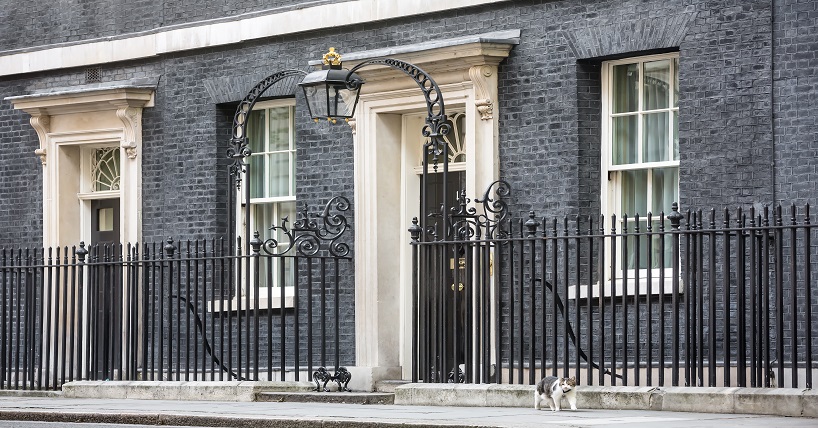ECLAD study
Study aims to discover improved treatment for lung transplant patients
Published on: 24 June 2022
Newcastle experts are leading a UK-wide clinical trial that could offer new hope to lung transplant patients.
Lung transplantation can provide a lifeline to people with severe lung disease, but sadly the function of many transplanted lungs deteriorates over time due to damage to the lungs caused by the patient’s own immune system.
The condition, known as chronic lung allograft dysfunction (CLAD), affects half of lung transplant patients and limits the average survival after transplant to only six years.

New trial
The new trial involves testing a treatment called extracorporeal photopheresis (ECP), a procedure which uses a machine to separate red and white cells in the patient’s blood.
The white blood cells, which usually help protect the body from infection but are unfortunately the cause of the damage in CLAD, are treated with a drug which is activated by ultraviolet light.
The treated white blood cells are then reinfused back into the body where they reset the immune response to limit further damage. The treatment is repeated several times to increase the chances of it working.
Andrew Fisher, Professor of Respiratory Transplant Medicine at Newcastle University, and Honorary Consultant Respiratory and Transplant Physician at The Newcastle upon Tyne Hospitals NHS Foundation Trust’s Institute of Transplantation, is leading the trial.
He said: “There is an urgent need for treatments to stop CLAD early to protect lung function, preserve quality of life, and hopefully prolong survival in lung transplant patients.
“The aim of the E-CLAD UK study is to see if adding a course of ECP to current treatment is more effective at stabilising the function of transplanted lungs compared to standard treatments for CLAD.
“Early studies have shown promise using ECP to treat CLAD, but currently there is insufficient evidence on its effectiveness for the NHS to use it routinely.”
Study recruitment
The study aims to recruit 90 eligible patients over three years and will measure changes to quality of life, ability to exercise, and survival rates through a range of tests, such as blood samples and breathing tests.
Professor Fisher, who is chief investigator for the study on behalf of the UK’s five transplant centres, added: “Individuals who have received a lung transplant at any of the UK centres who goes on to develop CLAD will be considered for the study.
“If after learning more about the study, they want to take part and are eligible they will be randomly allocated to receive either ECP alongside standard care or to receive standard care. The team will then carefully monitor their progress over the next six months to see if the ECP is effective at preventing further damage to the lungs from CLAD.
“If the study shows ECP is successful then we would seek support from the NHS to make ECP available as a standard treatment for CLAD for the benefit of all those who have a lung transplant.”
The E-CLAD UK study is being funded by the Efficacy and Mechanism Evaluation (EME) Programme, a National Institute for Health Research and Medical Research Council partnership.



